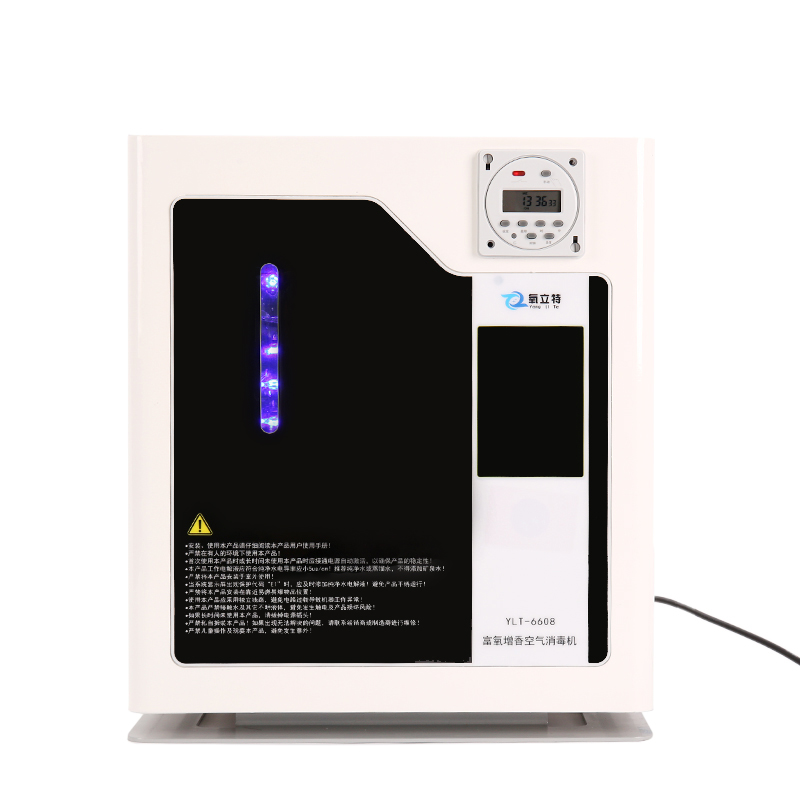Neglecting good oral hygiene habits in daily life can lead to a wide range of oral problems. These issues can have a profound impact on overall health, with an alarming statistic indicating that up to 97% of adults experience oral problems. Among this population, 97% struggle with dental calculus, 88% contend with dental caries, and 85% are affected by gum problems. Moreover, individuals commonly face additional challenges such as tooth sensitivity, bad breath, dental stains, and dental plaque. These prevalent oral problems significantly impact people’s oral health and overall well-being.
Dental calculus:
Dental calculus, also known as “tartar,” is the calcified form of dental plaque and oral cell fragments. It often forms below the gumline and can irritate the gum tissue, leading to gingivitis. Additionally, dental calculus is prone to staining from factors like smoking and tea consumption, significantly impacting the aesthetic appearance of the teeth.
Gingival problems:
Gum problems manifest as redness, swelling, and bleeding of the gums. Local oral factors often contribute to gingival bleeding, and it is a commonly observed issue. Accumulation of food residue, tartar, and bacteria in the oral cavity, particularly around the teeth, leads to gingivitis and gum bleeding. It is often accompanied by bad breath in affected individuals.
Dental caries:
Bacteria in the oral cavity metabolize sugars and produce acids that can erode the hard enamel of teeth, resulting in dental caries or tooth decay. This progressive disease gradually destroys the hard tissues of the teeth. Dental caries, being a bacterial disease, can lead to secondary complications such as pulpitis, periapical periodontitis, and inflammation of the alveolar and jawbone.
Bad breath:
Halitosis or bad breath primarily stems from oral bacteria that break down food amino acids and produce volatile sulfur-containing gases. Poor oral hygiene, periodontal disease, dry mouth (xerostomia), smoking, certain illnesses, or consumption of specific foods can contribute to breath issues.
Dental stains:
Tooth stains, often referred to as tartar, are discolorations that adhere to the surface of teeth. They are mainly caused by external factors such as smoking, tea, and coffee consumption. The human oral environment harbors various bacteria that tend to accumulate on the tooth surface, tongue, and other oral structures. These bacteria feed on sugars in food, metabolizing them to produce acid, which can corrode the teeth, leading to an acidic oral environment and contributing to stain formation.
Dental plaque:
Dental plaque refers to a community of microorganisms that adhere to the tooth surface or other soft tissues in the oral cavity. It consists of numerous bacteria, intercellular substances, a small number of white blood cells, exfoliated epithelial cells, and food debris. Proper oral hygiene is essential to prevent the accumulation of dental plaque, as it can contribute to various oral health issues.
In daily life, numerous common oral problems can have significant impacts on people’s health. As highlighted in the aforementioned seven types of oral problems, they all stem from the growth and persistent accumulation of bacteria in the oral cavity. While regular toothbrushing helps remove food residue and reduce bacterial growth, some oral problems persist. This is because conventional toothpaste combined with tap water cannot completely eliminate stubborn bacteria from the mouth. Over time, these resilient bacteria persist and multiply on the teeth, leading to various oral issues.
To address these oral problems, incorporating ozone water into oral hygiene practices can be highly effective. Ozone water is water infused with a specific concentration of ozone, possessing potent oxidizing and bactericidal properties. It has the ability to eliminate a wide range of bacteria and viruses, including Escherichia coli, Staphylococcus aureus, Salmonella, fungi, molds, and more.
By rinsing the mouth and brushing teeth with ozone water, oral health can be significantly improved. When ozone water comes into contact with the teeth, it rapidly kills 99.99% of bacteria within just ten seconds. With bacteria effectively eliminated, concerns regarding bad breath, gum inflammation, and other related issues can be alleviated. Incorporating ozone water into oral hygiene routines offers a promising solution to combat and prevent oral problems.
Ozone water has long been recognized as a widely used treatment for oral infections, typically in the form of a solution with ozone concentrations ranging from 1% to 12%. Extensive research has demonstrated the effectiveness of ozone water in preventing the proliferation of various bacteria. Furthermore, it can inhibit the formation of dental plaque and the development of gingivitis. Additionally, ozone water has the capability to impede the reproduction and growth of anaerobic bacteria.
Consistent use of ozone water for rinsing and brushing teeth has shown remarkable results. Before incorporating ozone water, severe gum bleeding occurred, resulting in noticeable “blood stains” after brushing and rinsing. However, after just one week of using ozone water, a significant improvement was observed, with minimal to no bleeding. Continuing the practice for a month resulted in the complete cessation of gum bleeding. Even after discontinuing the use of ozone water for rinsing for two weeks, there was no recurrence of gingival bleeding, indicating a notable effect in plaque removal.
Moreover, the application of high-concentration ozone water has shown to significantly accelerate the healing process of oral ulcers. Previously, oral ulcers took one to two weeks to heal, but after rinsing with ozone water, the recovery period was shortened to approximately four to five days.
These findings highlight the potent oxidizing properties of ozone water, which effectively eliminate bacteria and address breath-related issues in the oral cavity. Oral health serves as a crucial indicator of overall well-being, exerting a substantial impact on one’s general health. To enhance oral health, it is essential to change ingrained beliefs and prioritize oral hygiene, including regular oral examinations. Ozone water, being a natural and pollutant-free option, serves as a valuable tool in preventing oral problems in daily life, sterilizing the oral cavity, and eliminating bad breath.




